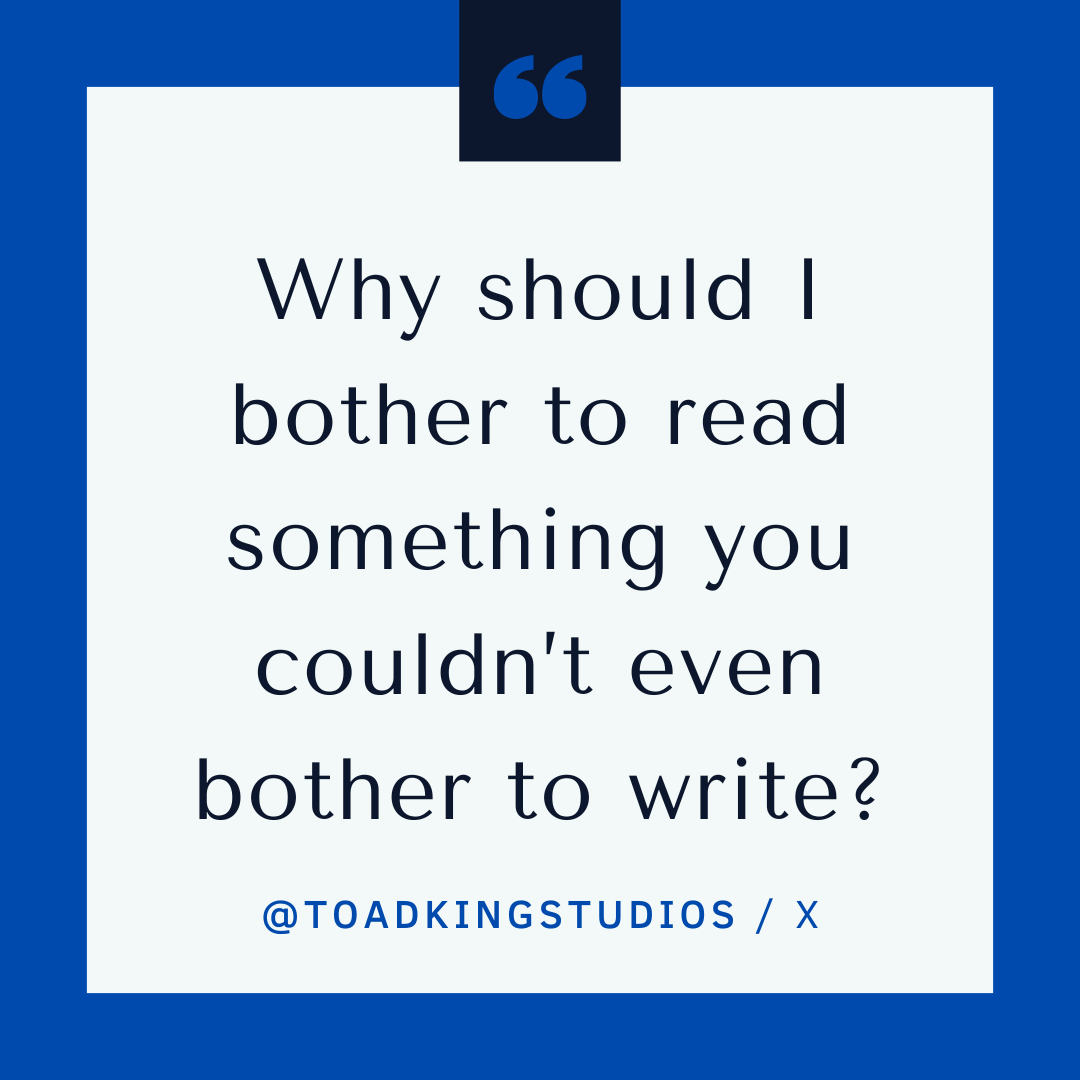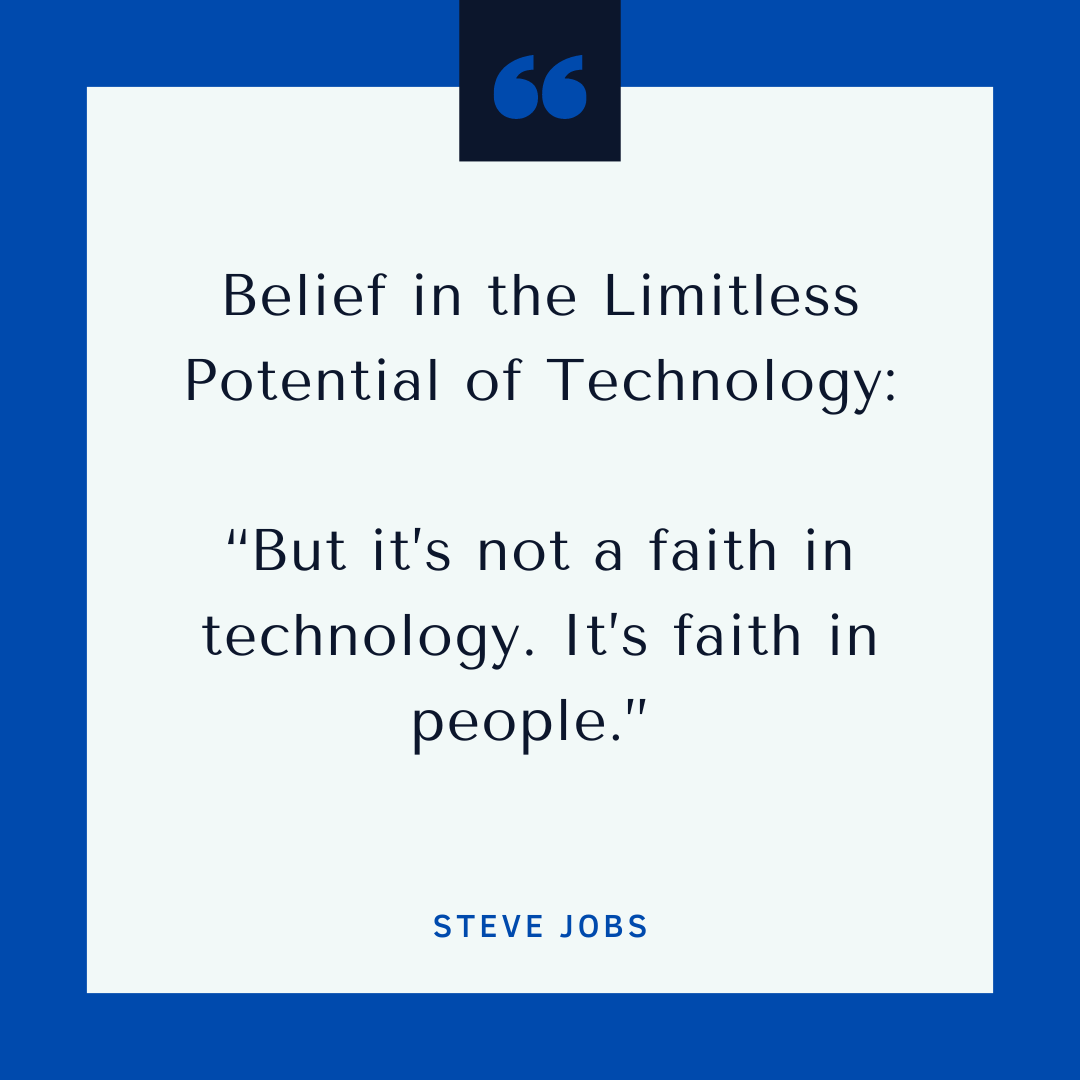To loosely paraphrase the opening sentence of Pride and Prejudice, “It is a movie trope universally acknowledged that a being in possession of advanced technology must be in want of some common sense.” A few cases in point: The invading aliens in War of the Worlds succumbed to ordinary bacteria. The nefarious schemes of not only the aliens (again) in M. Night Shyamalan’s Signs but also the Wicked Witch of the West (advanced technologies: flying broom and monkeys) were thwarted by nothing more than water … what a world, what a world. And even though 2001: A Space Odyssey’s HAL 9000 calmly asserted that his disconnection was something he could not allow to happen, the supercomputer failed to anticipate Dave Bowman’s reentry through the emergency airlock to do just that.
In each of these cinematic examples, a supposedly superior technology was laid low by something it seems a superior technology really should have been a bit more aware of. And if life imitates art, is AI—arguably our most advanced technology to date—destined to be tripped up by something equally innocuous? If so, what might be its kryptonite? Those in the know have variously proposed data quality, context, sarcasm, intuition, hallucinations, and hands. (As images generated by AI reveal, it struggles to identify what constitutes a human hand.)







